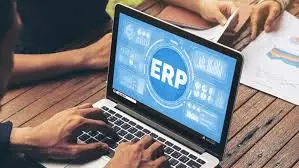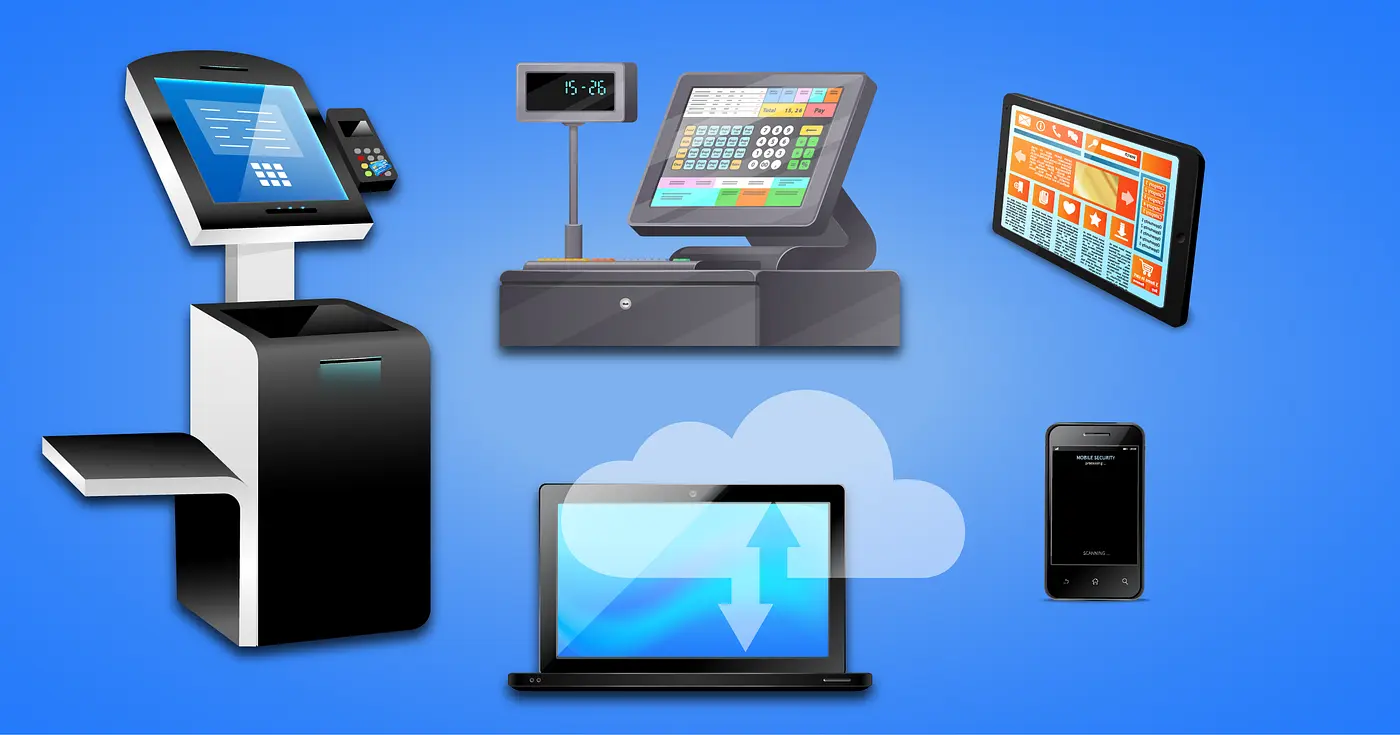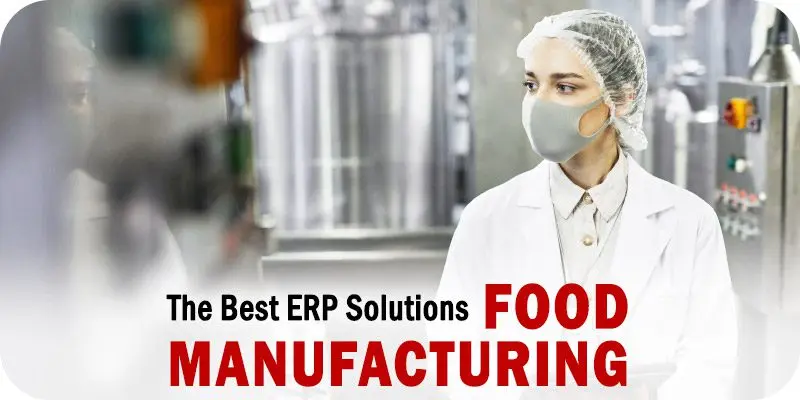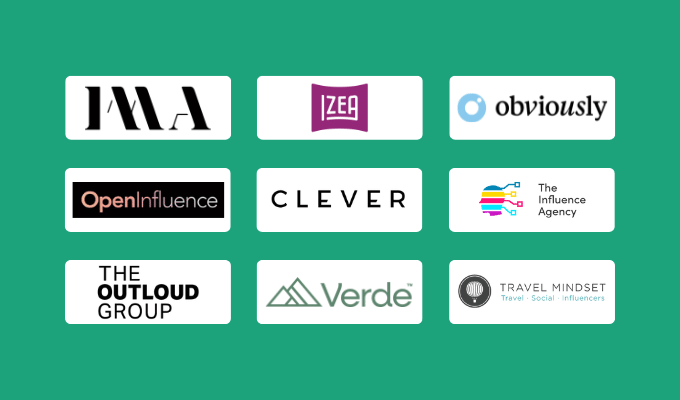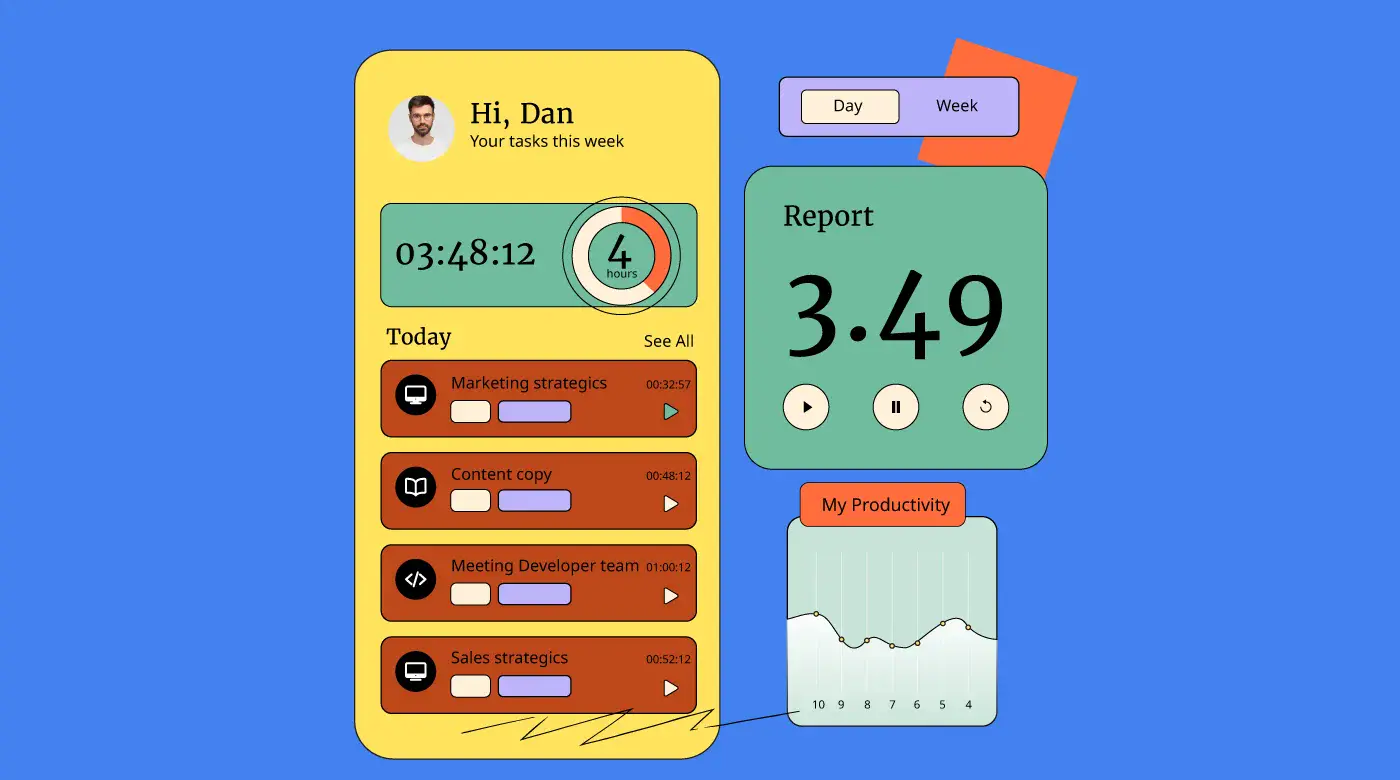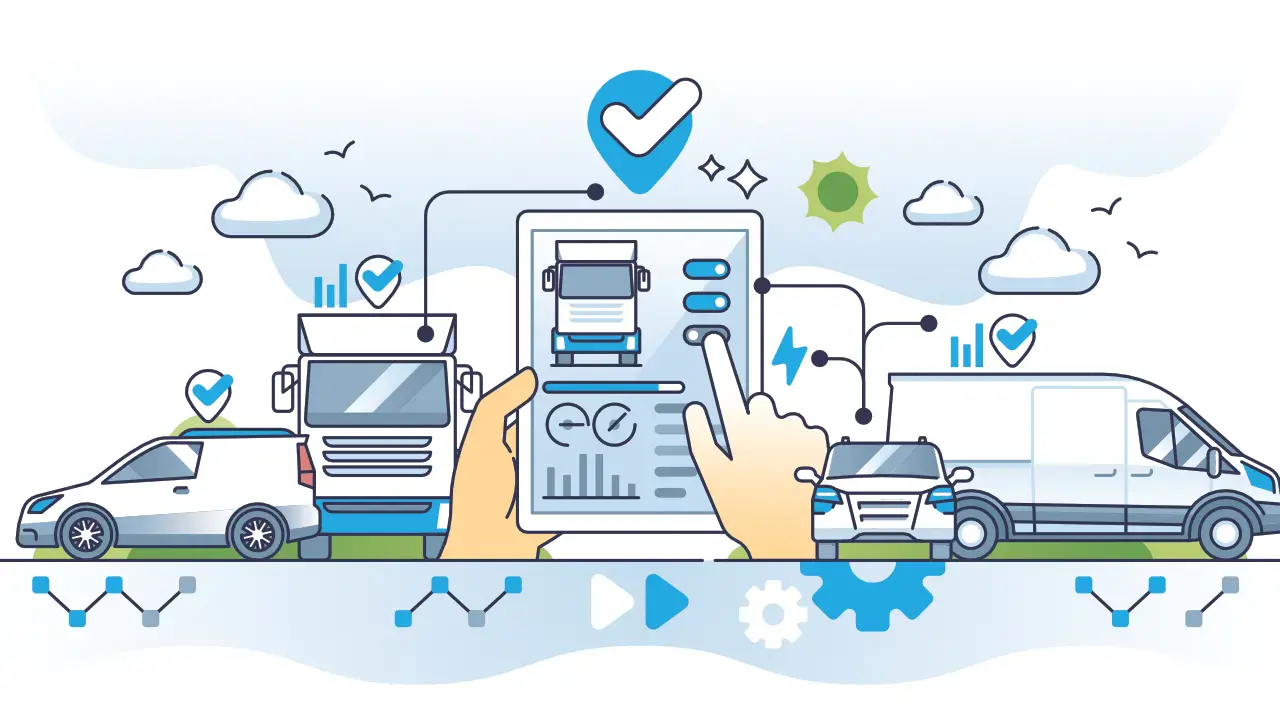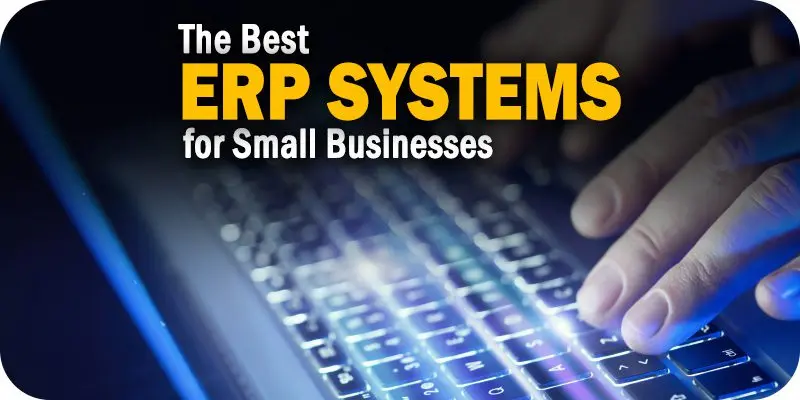
1. What Is an ERP System and Why Do Small Businesses Need It?
Enterprise Resource Planning (ERP) systems centralize and automate key business processes, such as:
| Process | ERP Benefits |
|---|---|
| Inventory Management | Tracks stock levels in real-time and optimizes supply chain processes. |
| Financial Management | Provides accurate accounting, budgeting, and financial reporting. |
| Customer Relationship | Enhances customer engagement and improves sales management. |
| Human Resources | Streamlines payroll, hiring, and employee management. |
| Analytics | Offers insights to make data-driven business decisions. |
Small businesses benefit from ERP systems by reducing manual errors, increasing efficiency, and scaling their operations.
2. Key Features to Look for in an ERP System
When selecting an ERP system, small businesses should prioritize the following features:
| Feature | Why It’s Important |
|---|---|
| Scalability | Grows with your business needs without requiring frequent upgrades. |
| Ease of Use | Intuitive interface for non-technical users. |
| Customization | Tailors modules and workflows to specific business processes. |
| Integration | Syncs seamlessly with existing tools like CRM or e-commerce platforms. |
| Cost-Effectiveness | Offers flexible pricing plans suitable for small business budgets. |
| Cloud-Based Deployment | Enables remote access and minimizes IT infrastructure costs. |
3. Top ERP Systems for Small Businesses in 2025
Here’s a breakdown of the best ERP systems for small businesses in 2025:
| ERP System | Key Features | Best For |
|---|---|---|
| SAP Business One | Robust financial tools, inventory management, and CRM modules. | Growing businesses needing comprehensive tools. |
| Oracle NetSuite | Cloud-based platform with strong analytics and scalability. | Companies aiming for long-term growth. |
| Odoo | Modular approach, covering everything from sales to HR. | Startups and businesses needing flexibility. |
| Microsoft Dynamics 365 | Seamless integration with Microsoft Office tools and AI-driven insights. | Businesses already using Microsoft ecosystem. |
| Zoho ERP | Affordable, easy-to-use system with customizable modules. | Small teams and startups on a budget. |
| ERPNext | Open-source solution with features for retail, manufacturing, and healthcare. | Businesses preferring open-source options. |
| QuickBooks Enterprise | Specialized in accounting with additional tools for inventory and payroll. | Accounting-focused businesses. |
| Acumatica | Cloud ERP with flexible pricing and strong support for mobile access. | Service-based businesses needing mobility. |
| Infor CloudSuite | Industry-specific modules and strong customer support. | Niche businesses in manufacturing or healthcare. |
| Syspro | Focused on manufacturing and distribution with real-time tracking. | Manufacturing and supply chain businesses. |
4. Comparing ERP Systems for Small Businesses
To help you choose, here’s a comparison of popular ERP systems based on critical factors:
| ERP System | Ease of Use | Cost | Customization | Best For |
|---|---|---|---|---|
| SAP Business One | Moderate | $$$ | High | Comprehensive business needs. |
| Oracle NetSuite | Easy | $$$$ | High | Long-term growth potential. |
| Odoo | Easy | $$ | Very High | Modular flexibility. |
| Microsoft Dynamics 365 | Moderate | $$$ | Moderate | Microsoft-integrated workflows. |
| Zoho ERP | Easy | $ | Moderate | Budget-friendly solutions. |
5. Steps to Implement an ERP System Successfully
To maximize the benefits of an ERP system, follow these steps:
a. Identify Business Needs
Determine which processes need improvement and select an ERP system with matching features.
b. Involve Key Stakeholders
Include team members from different departments in the selection and implementation process.
c. Set a Realistic Budget
Consider both upfront costs and ongoing subscription or maintenance fees.
d. Plan Training Sessions
Ensure all employees understand how to use the new system effectively.
6. Benefits of Using an ERP System in 2025
| Benefit | Description |
|---|---|
| Enhanced Productivity | Automates routine tasks and reduces manual work. |
| Data-Driven Insights | Provides real-time analytics for better decision-making. |
| Improved Customer Service | Tracks interactions and personalizes customer experiences. |
| Regulatory Compliance | Ensures adherence to industry and government regulations. |
Conclusion
In 2025, selecting the right ERP system can significantly boost a small business’s efficiency and scalability. With options like SAP Business One, Oracle NetSuite, and Odoo, businesses can find tailored solutions to meet their needs. By focusing on scalability, integration, and cost-effectiveness, small businesses can leverage ERP systems to achieve sustainable growth.

